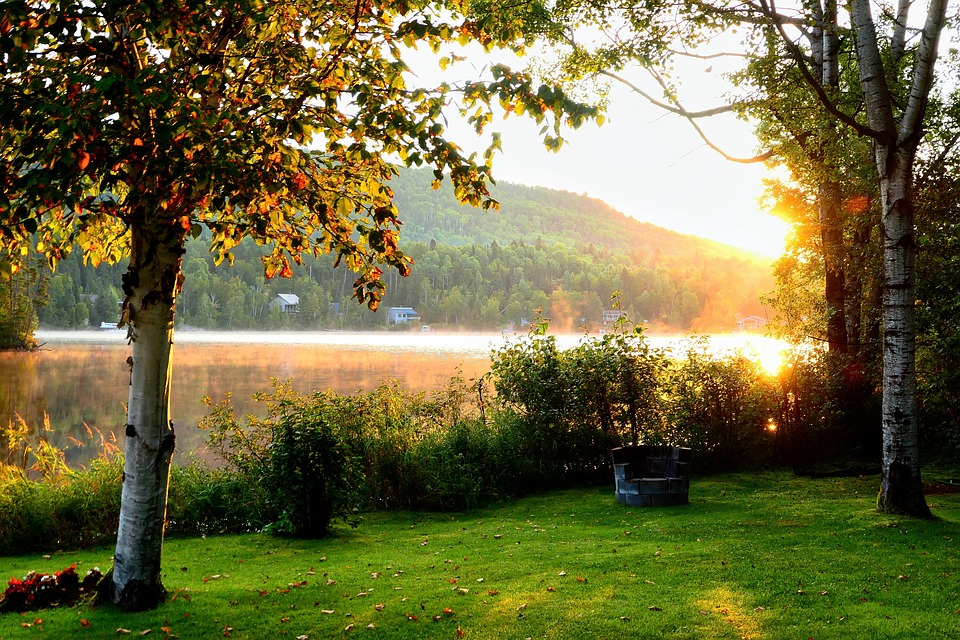Introduction
Climate change is one of the most critical challenges facing humanity today, impacting ecosystems, economies, and communities worldwide. It leads to extreme weather events, rising sea levels, and biodiversity loss, threatening the livelihoods of millions. Volunteering for climate action is a powerful way to contribute to solutions, ranging from grassroots initiatives to large-scale projects. Individuals from all backgrounds and skill sets can play a vital role in this movement, making a positive impact on the environment.
1. Types of Climate Change Volunteer Opportunities
Volunteering offers various avenues to engage in climate action:
– Environmental Conservation: Participate in tree planting, habitat restoration, and conservation projects that enhance biodiversity and carbon capture.
– Climate Advocacy: Support organizations focused on climate policy, public awareness campaigns, and community education efforts.
– Research and Data Collection: Join citizen science projects that gather data on local wildlife, weather patterns, or pollution levels.
– Sustainable Agriculture and Urban Gardening: Work on initiatives that promote sustainable food production and develop community gardens and green spaces.
– Renewable Energy Initiatives: Assist with solar panel installations or other clean energy projects, especially in underserved communities.
2. How to Find Climate Volunteering Opportunities
Finding opportunities to volunteer for climate action can be done through several channels:
– Local Environmental Organizations: Search for NGOs and community projects focused on sustainability in your area.
– Global Climate Organizations: Major groups like Greenpeace, 350.org, and the Sierra Club often have volunteer roles available.
– Online Platforms for Volunteering: Websites such as VolunteerMatch, Idealist, and Catchafire list various climate-related volunteer opportunities.
– Government and University Programs: Many public institutions offer volunteer programs aimed at environmental conservation and climate action.
3. Volunteering Skills That Can Help with Climate Action
Certain skills can enhance your effectiveness as a climate volunteer:
– Educational Outreach and Communication: Help organize workshops, events, and digital campaigns to raise climate awareness.
– Technical Skills: Utilize expertise in data analysis, IT, engineering, or science to support research and technological solutions.
– Hands-on Work: Engage in physical activities such as reforestation efforts or renewable energy installations.
– Organizing and Advocacy: Support rallies, petitions, and legislative efforts aimed at promoting climate-friendly policies.
4. Virtual Volunteering for Climate Change
For those unable to volunteer in person, numerous virtual opportunities exist:
– Digital Campaigns and Social Media: Assist organizations with digital marketing strategies or social media outreach.
– Research and Writing: Create educational content or grant proposals that support climate initiatives.
– Climate Data Projects: Participate in remote citizen science efforts by monitoring wildlife or weather patterns.
– Translation and Localization: Help translate materials to reach broader audiences across different languages.
5. Benefits of Volunteering for Climate Action
Volunteering for climate action offers numerous benefits:
– Environmental Impact: Directly contribute to projects that reduce emissions and conserve natural resources.
– Skill Development: Gain new skills in areas like project management and environmental science.
– Networking and Community: Connect with others passionate about climate action, fostering a sense of belonging.
– Personal Fulfillment: Experience the rewarding feeling of making a tangible difference in combating climate change.
FAQs
– How can I start volunteering for climate action locally?
Explore local NGOs or community initiatives focused on sustainability in your area.
– Are there any virtual climate volunteer opportunities?
Yes, many organizations offer remote roles related to digital campaigns or research projects.
– Do I need specific skills to volunteer for climate change?
While certain skills can be beneficial, many opportunities welcome individuals without specific expertise.
– How do I find international climate volunteer projects?
Look into global organizations or platforms that list international volunteering opportunities.
– Can volunteering really make a difference in combating climate change?
Yes, collective efforts through volunteering can lead to significant environmental improvements.
– What are the most impactful types of climate volunteering?
Hands-on conservation work and advocacy tend to have immediate visible impacts on communities.
– How can I volunteer without a lot of time commitment?
Consider short-term projects or virtual roles that fit your schedule.
– Are there climate volunteer options for students and young people?
Many organizations offer tailored programs for students looking to engage in environmental initiatives.
Conclusion
Volunteering presents countless ways to engage in climate action both locally and globally. Every effort counts; even small contributions can lead to significant environmental change. By taking the first steps into volunteering, individuals can be part of a collective movement towards a more sustainable future.

Kyle Whyte is a notable scholar and professor at the University of Michigan, holding positions such as the George Willis Pack Professor in the School for Environment and Sustainability and Professor of Philosophy. Specializing in environmental justice, his work critically examines climate policy and Indigenous peoples’ ethics, emphasizing the nexus between cooperative scientific endeavors and Indigenous justice. As an enrolled Citizen Potawatomi Nation member, he brings a vital perspective to his roles as a U.S. Science Envoy and member of the White House Environmental Justice Advisory Council. His influential research is supported by various prestigious organizations including the National Science Foundation, and disseminated through publications in high-impact journals. Kyle actively contributes to global Indigenous research methodologies and education, with affiliations to numerous institutes and societies dedicated to traditional knowledge and sustainability. Recognized for his academic and community engagement, Kyle has earned multiple awards and served in various visiting professorships. His efforts extend to leadership positions on boards and committees focused on environmental justice nationwide.
